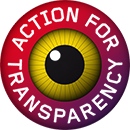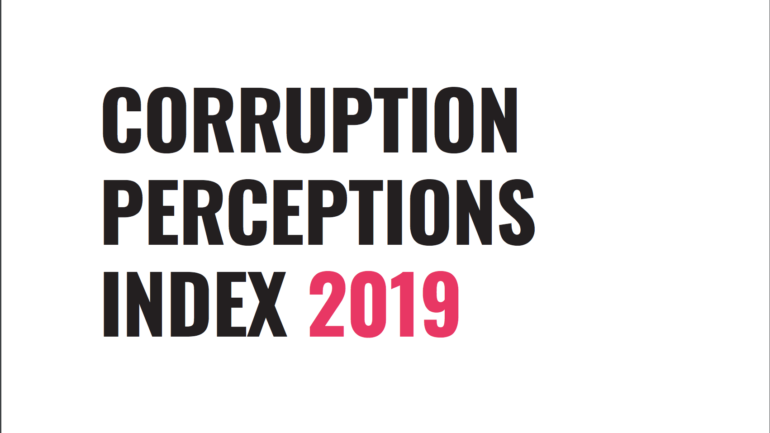TI-Kenya participated in a National Budget Analysis Café organised by International Budget Partnership Kenya and Institute of Public Finance Kenya in May 2020. National and county civil society partners including 76 civil societies operating in 24 counties came together to analyse the National Budget for 2020/21 as tabled by the National Treasury in the National Assembly. The Constitution of Kenya and the Public Finance Management Act requires adequate public participation at all stages of the budget making process, thus the need for this engagement initiated by the civil society organisations represented.
Following the National Budget Analysis Café conducted online, the participants analysed 17 budget focus areas and their proposed allocations for the financial year 2020/21 including: Social protection for the vulnerable; Public Participation; Public Debt; Several Areas of Health Sector Funding; Water and Natural Resources; Housing; Trade and Industry; Education; Persons with Disability; Agriculture and Food security; and Youth Empowerment.
The highlights from the analysis done include:
- The need to provide details as per the Programme Based Budgeting structure to facilitate the oversight role of Parliament and the public.
- Debt repayment bill for 2020/21 will be Kshs. 904 billion – 18 percent higher than the debt service bill for 2019/20, leaving Kenya with very little fiscal space and therefore budget rationalisation and austerity is key going into 2020/21.
- Allocations to the social protection programme is proposed to decrease by 26 percent (Kshs 10.1 billion) to Kshs. 28.8 billion in the 2020/21 estimates compared with the 2019/20 revised estimates which may have negative implications on the number of vulnerable people reached through the programme especially in view of the increased needs for dealing with the COVID-19 pandemic.
- The reduction of the health budget by Kshs. 1.6 billion raises concern as to whether the UHC roll out ambition is realistic. This, coupled with the vast resources required to respond to COVID-19, should be of concern to the National Assembly.
- The A4T project intends to further analyse the budget according to its two focus sectors of education and health to support advocacy as well as its engagement with stakeholders in the two sectors.
The National government budget proposal for 2020/21 is available here https://www.treasury.go.ke/component/jdownloads/category/216-budget-books.html?Itemid=-1
There is also a guide on the Kenyan budget cycle https://www.internationalbudget.org/wp-content/uploads/ibp_kenya_budget_calendar_2015.pdf and How to read and analyse budget estimates https://www.internationalbudget.org/wp-content/uploads/kenya-how-to-read-and-use-budget-estimates-2016.pdf


